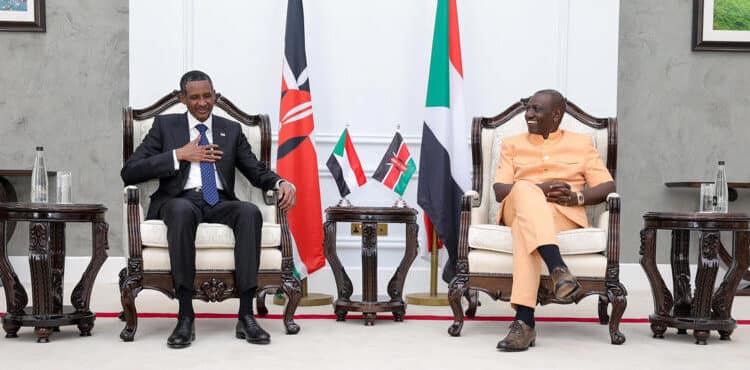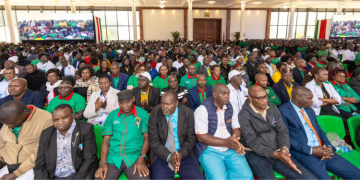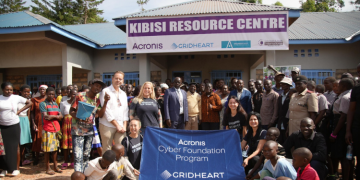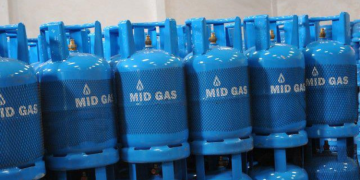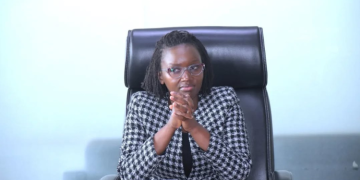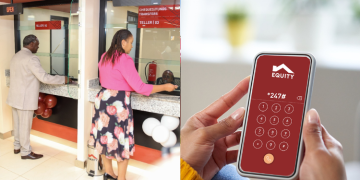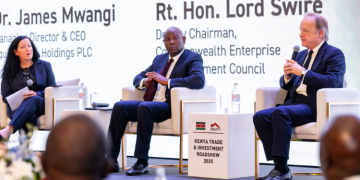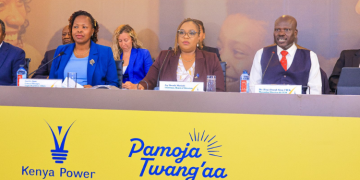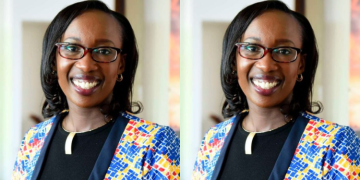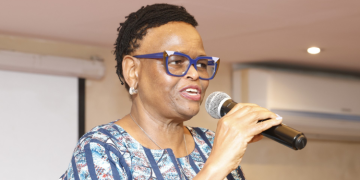Women in Sudan face significant challenges, including limited access to education, healthcare, and economic opportunities, as well as high rates of gender-based violence. Despite these obstacles, Sudanese women have demonstrated resilience and have active participation in peacebuilding efforts, community development, and advocacy for their rights. Efforts to empower women in Sudan involve addressing these challenges through different initiatives with focus on economic empowerment, educational empowerment, and active role in decision-making processes for the national interest.
According to United Nations, “throughout Sudan’s tumultuous history of revolutions against dictatorships, racism, and war, Sudanese women have long been held back from actively participating in politics”.
Barriers for Women Empowerment in Sudan
The ongoing conflict and displacement in Sudan have extremely affected women and girls educational and economic empowerment, food insecurity, and loss of livelihoods particularly in rural areas.
Sudanese women are facing barriers to higher education, healthcare, economic opportunities financial services, and decision-making roles.
Also Read: Why Women in Africa Need Higher Education Empowerment
Gender-based violence, including sexual violence, domestic violence, and cultural constrains are major barriers for the women empowerment in Sudan.
Child marriages is one of the major barriers for women empowerment particularly in South Sudan.
Only about half of girls complete primary education in Sudan
The Role of United Nations
The UN plays a crucial role in women’s empowerment in Sudan by providing humanitarian aid, supporting women-led organizations, advocating for their inclusion in peace efforts, and working to end gender-based violence.
For instance, UN Women specifically focuses on these areas, partnering with local organizations to deliver essential services and amplify women’s voices.
UN Women report states that more than half of the 12 million people displaced by the two-year conflict in Sudan are women.
At the same time, the UN is actively supporting initiatives to increase women’s political participation by providing training, mentorship, and advocacy platforms for aspiring female leaders.
One key initiative is the UNDP supported mentorship training that has provided a valuable network amongst young women in politics.
The Role of Education Sector
The Sudanese government and local institutions are working to improve girls’ access to education in the form of rebuilding schools, recruiting female teachers, and offering financial incentives to families.
Community-based organizations have also active role in delivering education in remote and conflict affected areas.
However, there is need to further activate the higher education institutions to play their significant role to address the existing challenges for women empowerment in Sudan.
Also Read: Kenya Calls for Sanctions on Sudan Warlords
Teacher training programs should also be strengthened with particular focus on developing strategies to address the barriers for the women educational and economic and political empowerment.
Furthermore, higher education institutions should organize workshops, training programs to encourage women to take an active role in the field of education and politics.
Key Challenges
Political instability and internal displacement are the major challenges for women educational and economic empowerment.
Higher education institutions are facing severe financial constraints for proper functioning.
In addition, there is no enabling cultural environment for women in higher education.
Early marriages and cultural norms keep women away from their active role in upgrading the society.
Girls have no more access to higher education particularly in rural areas.
Nonetheless, women’s political participation is crucial for gender equality and the advancement of women’s rights.
The Way Forward
There is need to invest more in education sector with particular focus on encouraging the women to take an active role in contributing towards the achievement of the sustainable development goals.
Women should also be empowered to venture into business and have access to credit facilities without unnecessary hinderances.
Lastly, women’s participation in all levels of political leadership should be encouraged. Training and mentorship programs are important to empower women for their effective participation in politics.
Follow our WhatsApp Channel and X Account for real-time news updates.
